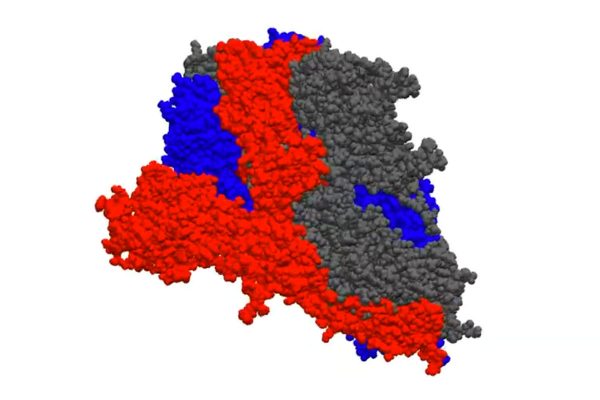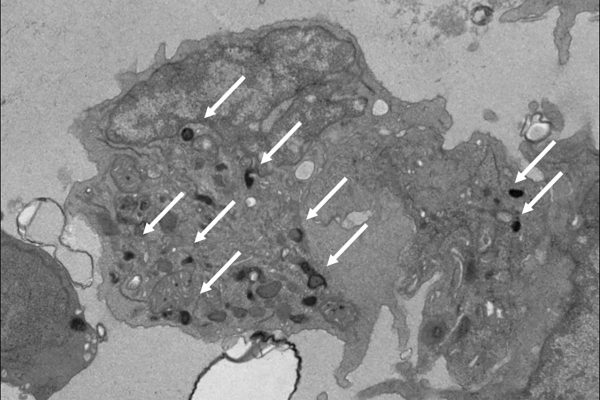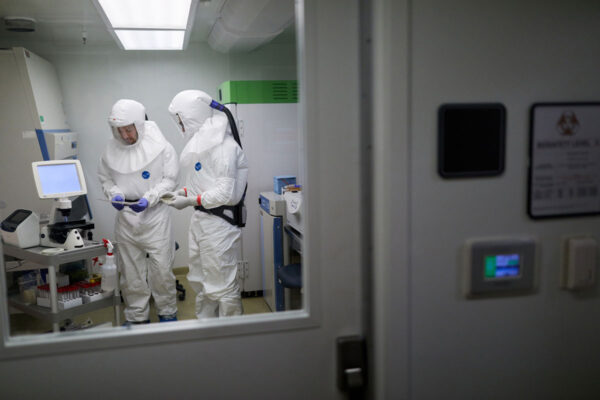Coronavirus crisis highlights need for health insurance in Missouri and other states
Tim McBride, the Bernard Becker Professor at Washington University in St. Louis’ Brown School and a leading health economist, said that the coronavirus outbreak will exacerbate problems in Missouri’s public health systems, which were already underfunded relative to most of the rest of the country, as well as issues facing low-income residents with challenges accessing medical care.
WashU Expert: Don’t overlook health equity during coronavirus crisis
We must consider this coronavirus crisis as a wake-up call to prioritize equity and challenge ourselves to consider how to better serve historically underserved communities, says a public health expert at Washington University in St. Louis.
Help line requests for food skyrocket as pandemic spreads
In the first week since COVID-19 was designated a pandemic, requests for food pantries skyrocketed across the United States. Requests for home-delivered meals more than tripled in the same time period, said a Brown School researcher who tracks calls to the national 2-1-1 helpline.
Crowdsourced supercomputing project sets sights on coronavirus
Among the research programs racing to develop therapies and vaccines for the new pandemic virus COVID-19 is one of the largest crowdsourced supercomputing projects in the world. Led by computational biophysicist Greg Bowman, at Washington University School of Medicine, the project is called Folding@home.
Immunotherapy using ‘young cells’ offers promising option against cancer
Nautral killer (NK) cells may be more effective as immunotherapy for cancer treatment than adult NK cells that come from bone marrow, according to a new study from the School of Medicine.
WashU Expert: Stuck in the house for a while? Here are some tips
As schools and entertainment venues close due to the coronavirus outbreak, many of us are seeing our social circles reduced quite significantly. An expert on social support at Washington University in St. Louis offers a few evidence-based suggestions for thriving during household isolation.
Breast milk may help prevent sepsis in preemies
Researchers at Washington University School of Medicine and Mayo Clinic in Rochester, Minn., have found — in newborn mice — that a component of breast milk may help protect premature babies from developing life-threatening sepsis.
Cancerous tumors, surrounding cells illuminated by new imaging agent
Scientists at Washington University School of Medicine have developed a new imaging agent that could let doctors identify tumors as well as the surrounding normal cells that act as a shield, protecting the tumor from various treatment strategies.
Washington University to break ground on major neuroscience research hub
Washington University in St. Louis will begin construction in March on what will be one of the largest neuroscience research buildings in the country. Located on the School of Medicine campus, the 11-story, state-of-the-art research facility will merge, cultivate and advance some of the world’s leading neuroscience research.
School of Medicine physicians, researchers tackle coronavirus
Soon after a novel coronavirus first appeared, School of Medicine researchers, doctors and staff began preparing for a possible outbreak. Infectious disease physicians started planning how to respond, and researchers got to work finding drugs or vaccines for COVID-19.
Older Stories









